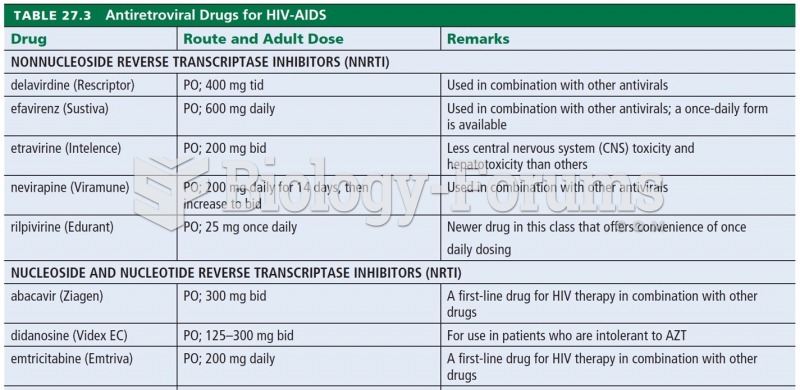Answer to Question 1
1,3,4
Rationale 1: Speaking clearly and slowly is beneficial when communicating with those with hearing impairment.
Rationale 2: It is not necessary to speak loudly.
Rationale 3: Use of gestures and body language is important, but incongruence between verbal and nonverbal communication can be very confusing for those with impaired hearing.
Rationale 4: It is important to allow adequate time for communication and responses.
Rationale 5: Adequate lighting is necessary in any patient encounter, but bright lighting is not always necessary. The presence of good lighting is not made more essential because the patient has a hearing impairment.
Global Rationale: Speaking clearly and slowly is beneficial when communicating with those with hearing impairment. Use of gestures and body language is important, but incongruence between verbal and nonverbal communication can be very confusing for those with impaired hearing. It is important to allow adequate time for communication and responses. It is not necessary to speak loudly. Adequate lighting is necessary in any patient encounter, but bright lighting is not always necessary. The presence of good lighting is not made more essential because the patient has a hearing impairment.
Answer to Question 2
2,4,5
Rationale 1: The aging liver produces less albumin, resulting in decreased plasma protein-binding ability and increased levels of free drug in the bloodstream.
Rationale 2: The aging cardiovascular system has decreased cardiac output and less efficient blood circulation, which slow drug distribution.
Rationale 3: Enzyme production in the liver is decreased and the visceral blood flow is diminished, resulting in reduced hepatic drug metabolism and increased drug half-life.
Rationale 4: The decline in hepatic function reduces first-pass metabolism.
Rationale 5: Changes in the kidney result in decreased drug excretion.
Global Rationale: The aging cardiovascular system has decreased cardiac output and less efficient blood circulation, which slow drug distribution. The decline in hepatic function reduces first-pass metabolism. Changes in the kidney result in decreased drug excretion. The aging cardiovascular system has decreased cardiac output and less efficient blood circulation, which slow drug distribution. Enzyme production in the liver is decreased and the visceral blood flow is diminished, resulting in reduced hepatic drug metabolism and increased drug half-life.







